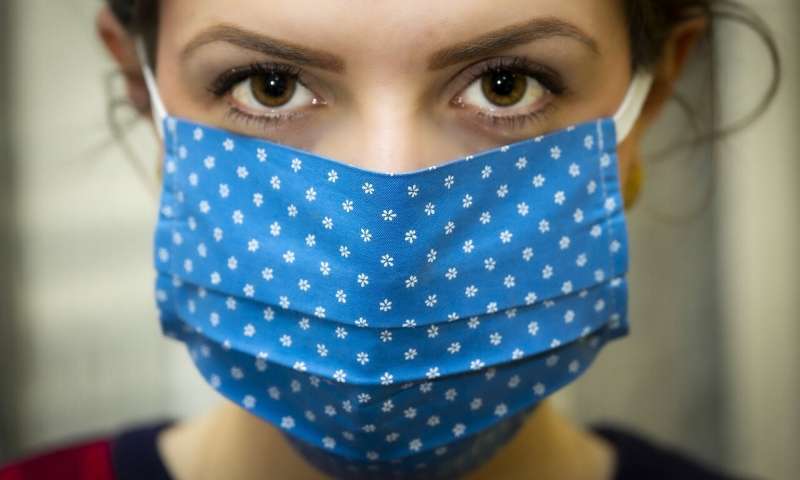Estimation of incubation period distribution of COVID-19 using disease onset forward time: A novel cross-sectional and forward follow-up study.
By applying the renewal theory in probability to reduce recall bias in initial case reports, scientists have come up with a new estimate for the incubation period of COVID-19. Their mean estimate of 7.76 days, longer than previous estimates of 4 to 5 days, involves the largest amount of patient samples to date in such an analysis. By providing health authorities with a potentially more accurate figure for the incubation period, the results could inform guidelines for containment efforts such as quarantines and studies investigating the disease’s transmission. Countries and health authorities have implemented various containment measures such as quarantines to slow the spread of COVID-19.
To work effectively, these strategies depend on understanding the disease’s incubation period, or the time between someone becoming infected and showing the first symptoms of disease, and how much it varies from individual to individual. However, researchers lack a reliable estimate of the incubation period of COVID-19. The few existing estimates of 4 to 5 days were based on small samples sizes, limited data, and self-reports that could be biased by the memory or judgement of the patient or interviewer.
Here, Jing Qin and colleagues developed a low-cost approach to estimate incubation periods and applied it to 1,084 confirmed cases of COVID-19 that had known histories of travel or residency in Wuhan, China. Their approach improves accuracy by relying on a public database of dates of infection, and uses the renewal theory in probability to reduce recall bias – the inaccurate recollection of past events. Ultimately, the team calculated that the median incubation period was 7.75 days, with 10% of patients showing an incubation period of 14.28 days. The authors note that this last finding may concern health authorities relying on the standard 14-day quarantine, but caution that their approach relies on several assumptions and may not apply to later cases where the virus may have mutated.
AMERICAN ASSOCIATION FOR THE ADVANCEMENT OF SCIENCE


